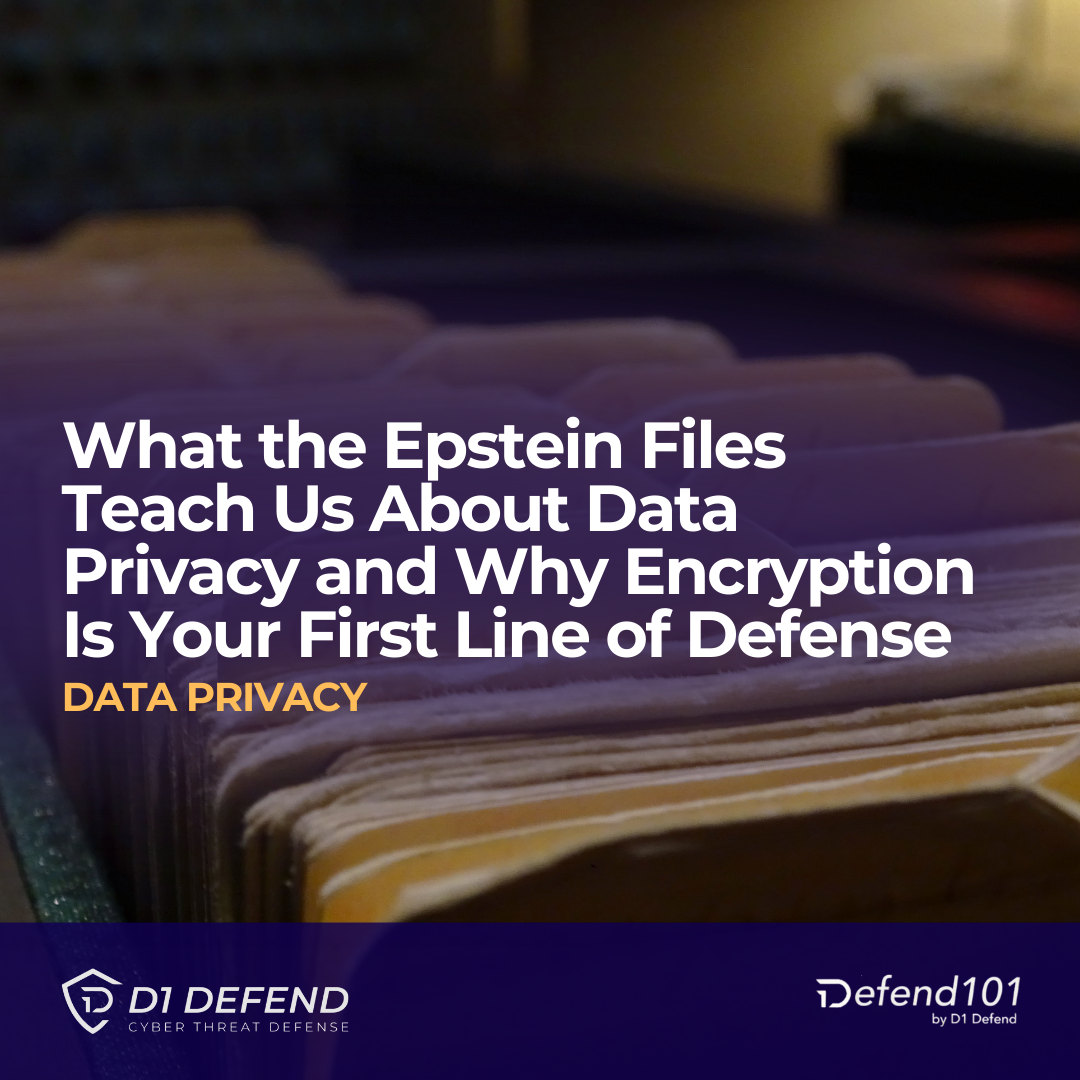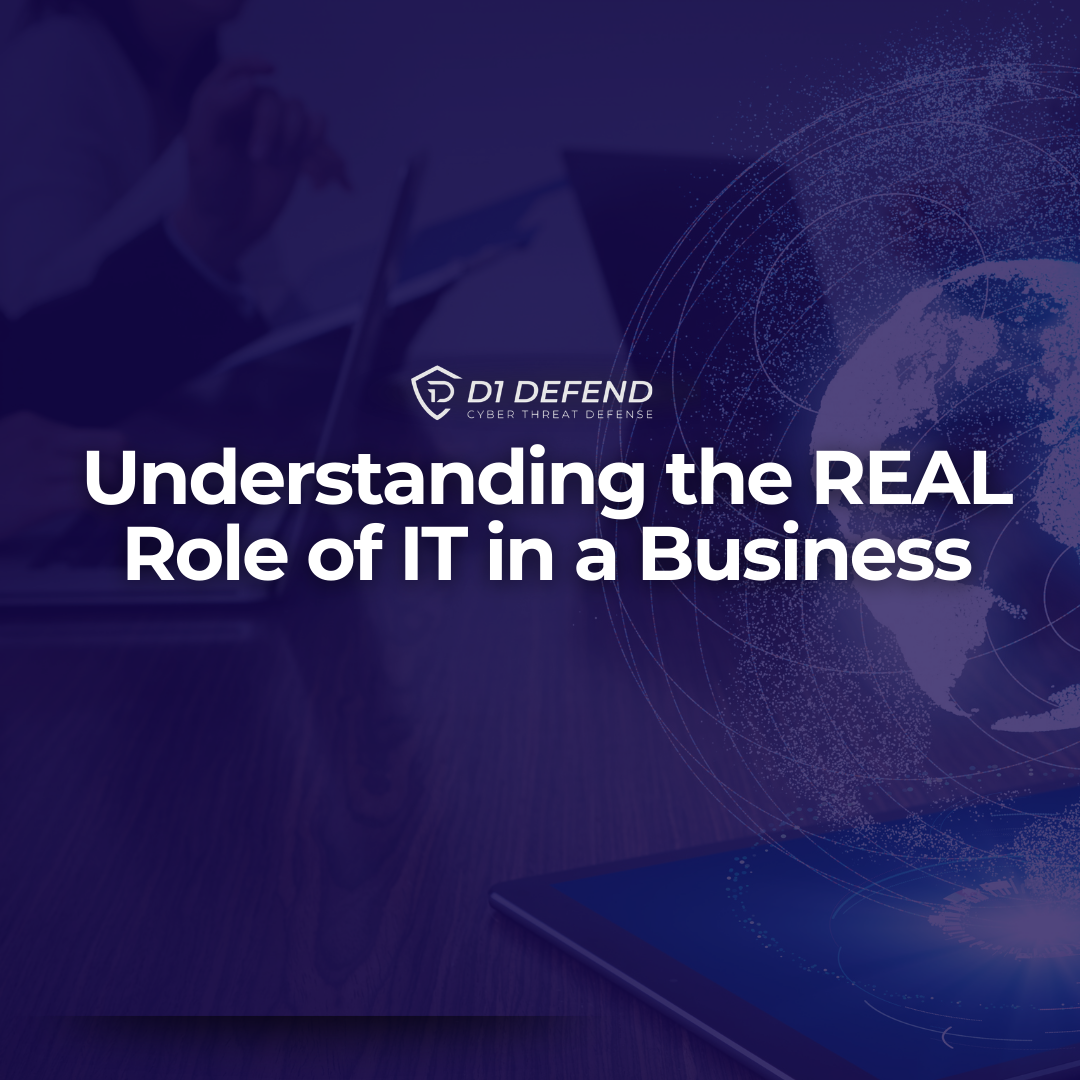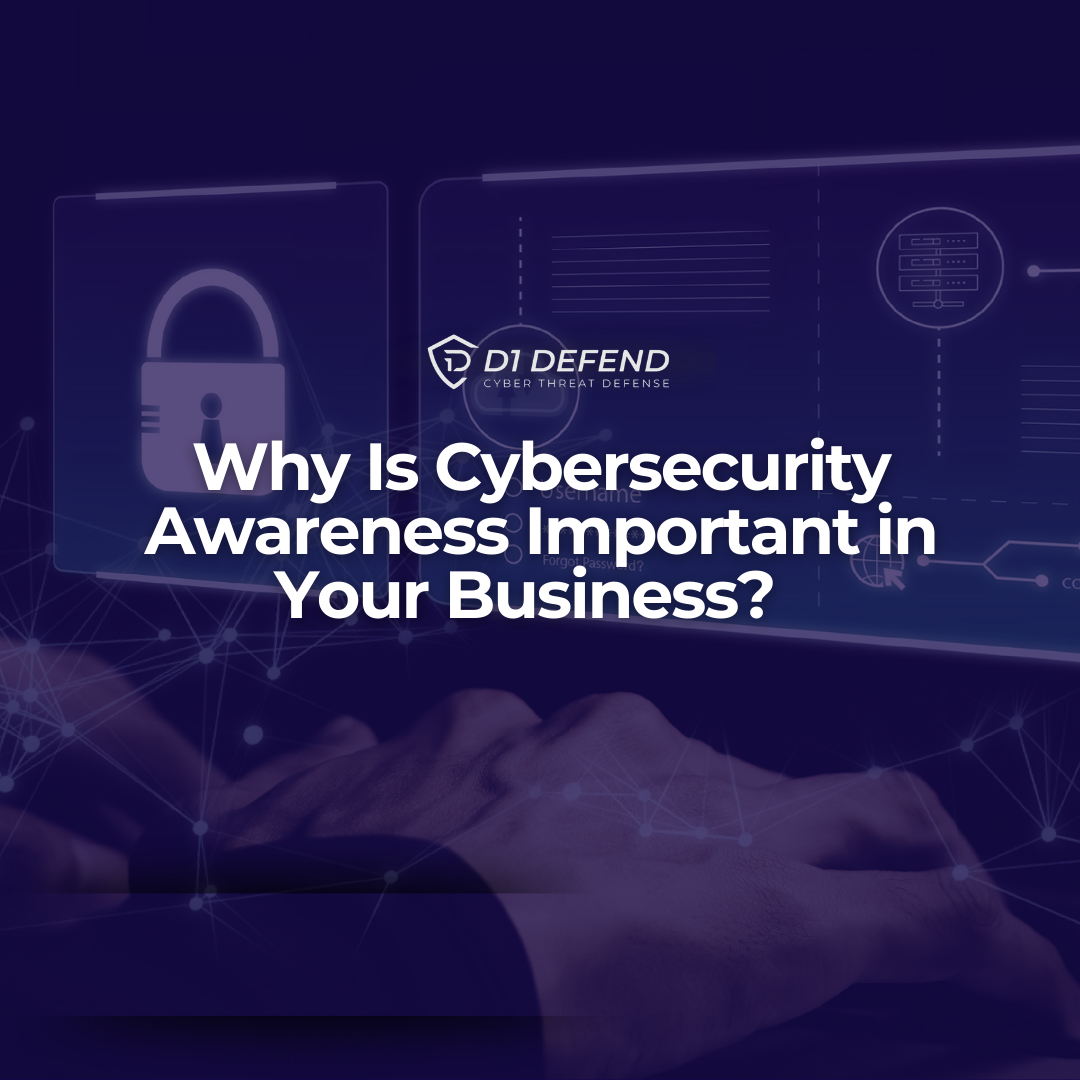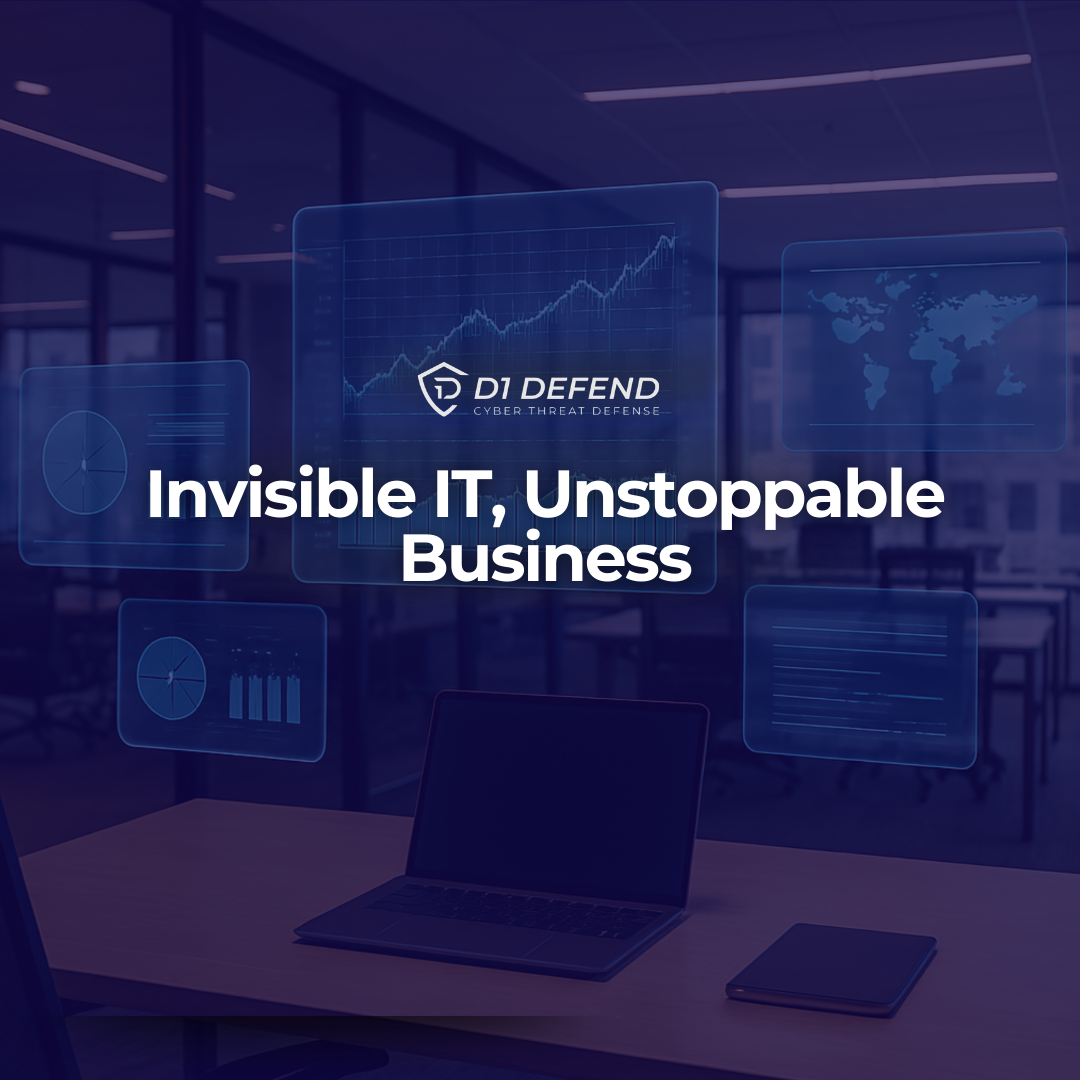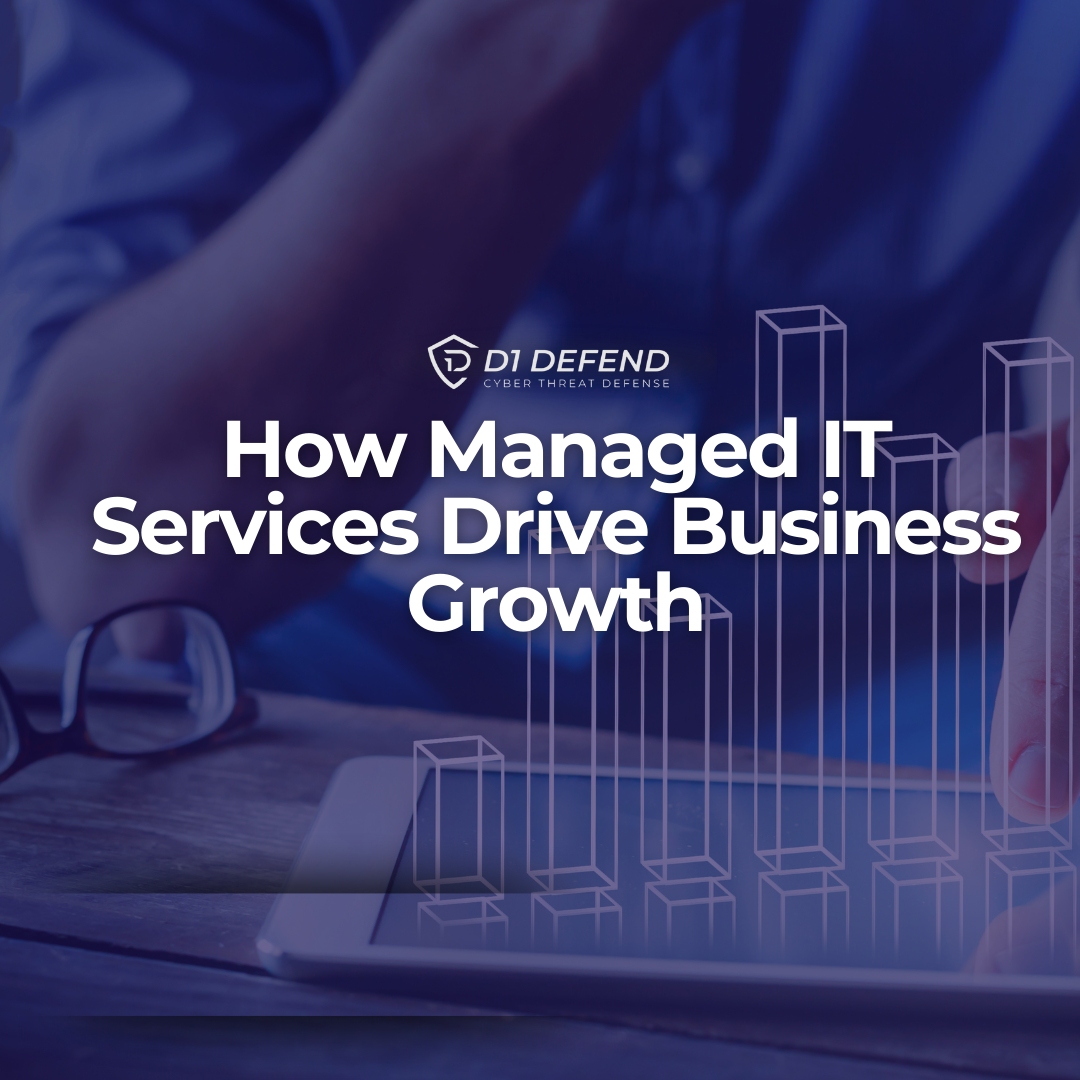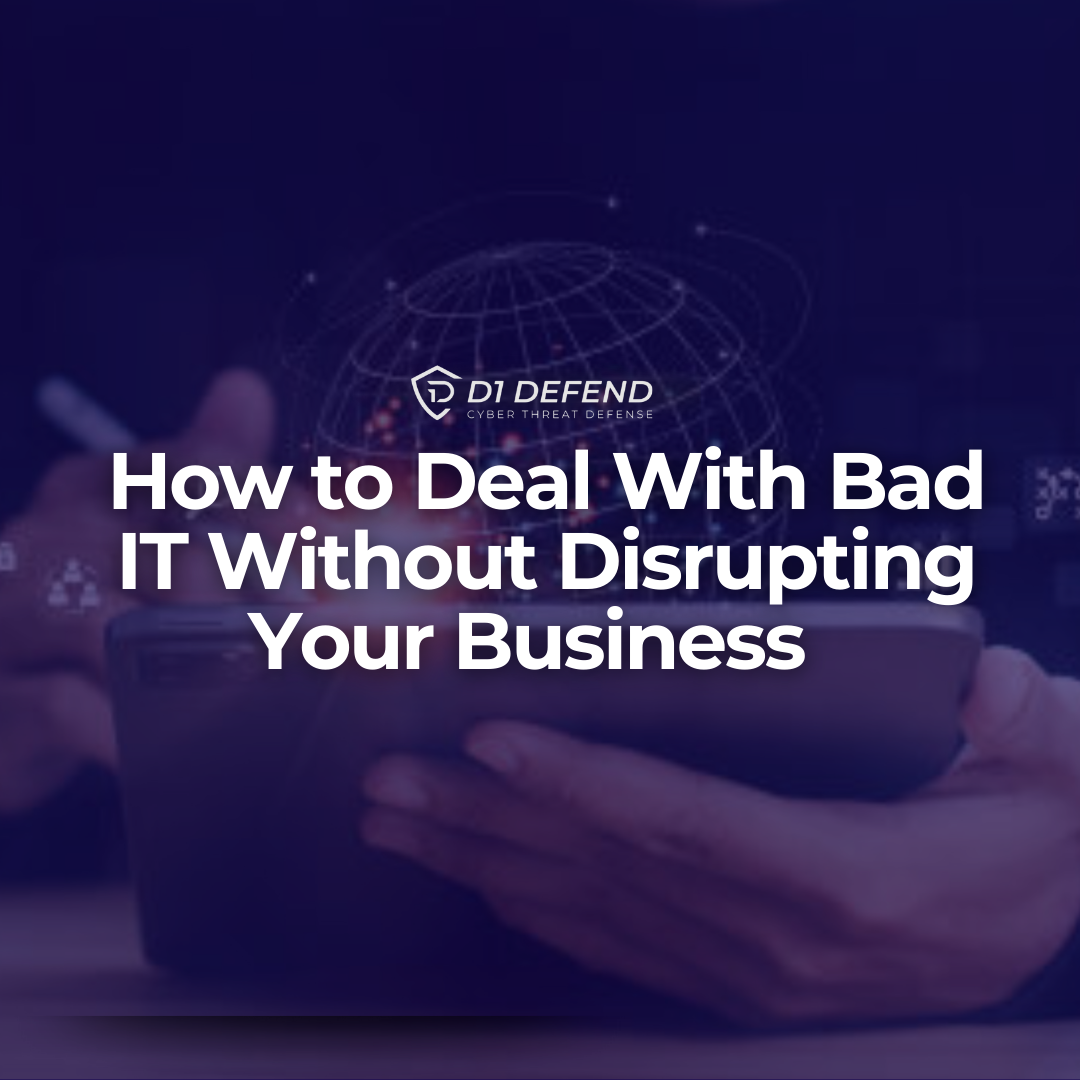Blog
What the Epstein Files Reveal About Data Privacy Failures
August 25, 2025
When Privacy Fails, Everyone Pays
Recently, internal documents linked to the Epstein investigation were leaked and circulated online—raising serious questions about how such sensitive data could be exposed.
Regardless of the case details, the breach reminds businesses of one uncomfortable truth: no organization is immune to a privacy failure.
When high-profile institutions with deep pockets and strong legal teams lose control of their data, it should sound the alarm for small and mid-sized businesses everywhere.
The True Cost of a Privacy Breach
Whether you’re storing employee data, customer files, legal records, or financial transactions, data privacy is a legal and reputational minefield.
The risks include:
Massive regulatory fines under California’s CCPA and CPRA
Lawsuits from individuals or partners whose data was compromised
Reputation damage that kills trust—and business
What the Epstein Files Teach Us About Privacy Failures
Lack of Encryption: Sensitive data wasn’t protected at the field level
Inadequate Access Controls: Too many people could access highly sensitive files
Poor Monitoring: The organization had no real-time alerts for unusual activity
Reactive, Not Proactive: Privacy policies and cybersecurity controls were not stress-tested until it was too late
These are the same gaps we find in SMBs every day.
California Privacy Laws: No Longer Optional
In California, data privacy laws aren’t just policy—they’re law.
CCPA (California Consumer Privacy Act) gives consumers control over their data and requires businesses to protect it
CPRA (California Privacy Rights Act) expands those protections and mandates stronger cybersecurity practices
You’re expected to:
✅ Know where and how data is stored
✅ Allow users to opt out of tracking or data sales
✅ Secure data with encryption, access controls, and breach detection
✅ Be audit-ready at all times
Why Encryption Is Your First Line of Defense
Encryption transforms your data into unreadable code, only accessible by those with the right credentials. It’s the most effective way to prevent stolen data from being usable.
🔐 Field-Level Encryption – Encrypt sensitive fields like SSNs, DOBs, and payment data
🔐 Email Encryption – Avoid leaks through compromised inboxes
🔐 Data at Rest & In Transit – Protect data both in storage and when moving through networks
With encryption in place, a breach becomes useless to hackers and less likely to trigger regulatory penalties.
Where Does Encryption Fit in Your IT Budget?
Too many companies treat data privacy as a luxury. It’s not.
In 2025, encryption should be a non-negotiable line item in your IT budget—right alongside firewalls and antivirus.
Here’s how to plan for it:
Encryption software licenses or services
Staff training on encrypted communication
Ongoing compliance audits
Privacy consultants or MSSP services (like D1 Defend)
If you’re not budgeting for data privacy and encryption, you’re budgeting for a breach.
How D1 Defend Helps Protect Your Data
Our California-based team specializes in helping businesses become compliance-ready and privacy-hardened:
🛡️ Data Encryption Strategy & Deployment
🛡️ CCPA/CPRA Gap Assessment
🛡️ Data Mapping & Risk Scoring
🛡️ Real-Time Privacy Monitoring
🛡️ Privacy Policy & Access Control Setup
🛡️ Staff Training & Ongoing Support
We also offer secure email services like Mail Defend, which ensures your communications are locked down—no matter where they go.
Don’t Let Your Company Become a Headline
The Epstein files are just one of many examples showing how even powerful organizations can fail at data privacy.
Don’t be next.
📍 Located in California? You have even more reason to act today.
Schedule Your Privacy & Encryption Review
Let us run a free privacy risk scan and show you where your business is vulnerable.
📞 (714) 988-3493
🌐 www.d1defend.com
Book Your Free Privacy Consultation Now
